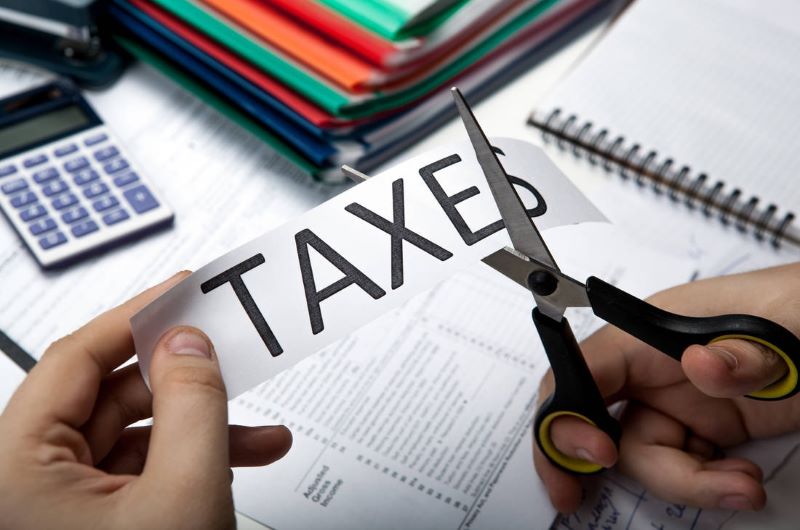HMRC umbrella company ‘checking tool’ looms for workers
Umbrella company consultation response and guidance due from HMRC, as more details come out on Tax Administration and...
READ MORE
The biggest personal tax cut in a decade comes into force today (7 July) with more than 30 million people across the UK now being able to save up to £330 per year.

However, small businesses will still be worse off according to the sector’s representative body, as they try to cope with the tax impositions issued in April and the rising costs of doing business.
The new tax cut means that 2.2 million Brits will be lifted out of personal tax altogether and 70 per cent of UK workers will now pay less National Insurance, even after accounting for the Health and Social Care Levy.
The £6 billion tax cut will see the level at which people start paying National Insurance rise to £12,570 – lifting 2.2 million people out of paying any personal tax and ensuring people get to keep more of the money they earn.
This change means that millions of people working across hundreds of different industries across the UK will now be better off.
This includes bricklayers who’ll save £218, care workers who’ll save £324, hairdressers who will get a £118 benefit and nursery assistants who’ll get a £343 yearly boost.
Workers can check their salary in the government’s online tool to estimate the amount they could save between July 2022 to July 2023.
The last major personal tax cut of this magnitude was nearly 10 years ago, when the income Tax Personal Allowance increased by £1,100 in 2013. The current threshold change is more than double that, as working people are now able to hold on to an extra £2,690 free from tax.
The increase to the National Insurance thresholds will leave around 76 per cent of National Insurance payers in the North East better, 75 per cent in the North West and Merseyside, and 62 per cent in London.
The personal tax cut also comes as the government launched new Help for Households campaign designed to raise awareness and signpost people to the £37 billion in support on offer and targeted at those most in need. The support provides millions of the most vulnerable households at least £1,200 of support in total this year to help with the cost of living, with all domestic electricity customers receiving at least £400 to help with their bills.
It also includes a 5p fuel duty cut – the biggest cut ever to fuel duty rates, a rise in the national living wage to give full-time workers an extra £1,000 and a cut to the Universal Credit taper rate to provide over 1 million families an extra £1,000.
The NICs threshold change takes effect following the government making tough but responsible decisions to manage the public finances responsibly and choosing not to saddle future generations with almost £400 billion of debt used to protect jobs and the economy during the pandemic – worth around £5,500 for every person in the UK.
However, the Federation of Small Businesses UK said while the landmark tax cuts are helpful for employees and sole traders, businesses still face a higher tax burden than in March, at a time when other costs are spiralling.
FSB policy chair Tina McKenzie said small businesses have not forgotten the tax hikes from April that the new tax cuts have only partially unwound.
“These adjustments shouldn’t be seen in isolation, we still face a higher tax burden than we did in March,” she said.
“Higher Employer NICs rates still mean less money in the economy for pay rises, let alone sustainable investment, recruitment and discretionary spending.
“Though the Employment Allowance marks a vital relief on Employer NICs, and we’d encourage all small firms to check their eligibility, we need to see government go much further in addressing the cost of doing business crisis that underlies the cost of living emergency.
“Amid surging fuel prices, spiralling energy bills, higher debt costs, a weakened pound, supply chain disruption, labour shortages and new trade paperwork, firms are still faced with the biggest tax burden since the late 1940s.
“Taxes which are levied with no regard for profitability or ability to pay – not least business rates, NICs, VAT and fuel duty – are really hurting firms at the moment.
“Doing more to alleviate their impact on margins would go a long way to helping small businesses, many of which are hanging by a thread.”